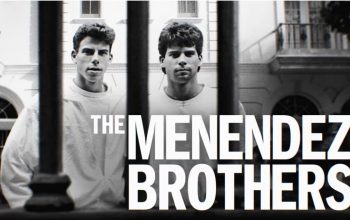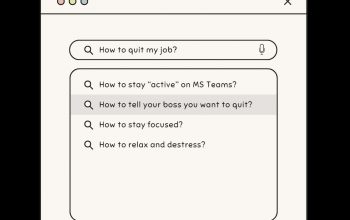A field guide to being wrong
Zoë Paddock – CONTRIBUTOR
Even the thought of being wrong makes us uncomfortable. Yet, some of the craziest, most involved things we do stem from our fear of being incorrect, or embarrassed. Ever laughed at a joke you didn’t really get? Or ran an argument into the ground long after you had that sinking realization that you had made a mistake?
I’m sure this trait of ours stems from some psychological need to self-protect (I’m not actually, but it seems pretty likely, right?). Nonetheless, in our day-to-day lives, it ends up causing all kinds of trouble. The petty arguments and the awkward moments when someone figures out you haven’t seen Jurassic Park (apparently just referring to “the part with the dinosaurs in it” only works for so long) are one thing, but our need to shy away from the uncomfortable sensation of seeming silly, or unknowledgeable, or just plain wrong, often lands us in even more dangerous situations.
When I say dangerous in this context, I don’t mean to our bodily health, or our wealth, but rather to our chances of becoming better and more whole people. Some of the most embarrassing and uncomfortable situations for us seem to be times when we are confronted by others — whether about prejudice or offense on a broad scale, or hurt feelings on a smaller one.
Those “cringe-moments” will come to mind for most of us, given some retrospection. I personally have a vivid memory of using the word “retarded” at about age 13 while describing something at summer camp. I don’t think I had ever used it before, but was attempting to venture into the feeling of coolness that comes from using language teachers would disapprove of, and after all, what’s the big deal with that?
Shortly after the words came out of my mouth, I was told by one of the other campers (who I thought was the coolest) that she found that word extremely hurtful and offensive, both to her and people she loved, and that she would prefer that I didn’t use it around her. I was mortified. Sink into the ground, never emerge again, and live with the ants and moles for the rest of my life mortified. I can recall the details of it effortlessly all these years later, and what has stuck with me is not just how terrible it felt to be called out, but also how powerful it was to have someone tell me how they felt about my behaviour honestly and respectfully.
If I had the choice to avoid that terrible feeling, I’m sure that I would. I think most people would. Being told that you are wrong, or that you have done wrong is an awful feeling, but it seems that there are some things that we just don’t learn unless we are told. Letting people call us out on our actions and opinions is a vital part of how we form and grow as people: for our minds, for our friendships, and for our world.
It takes work, but I think the best method to improve all of the above is twofold: to practice having honest interactions with people about difficult topics, and to gracefully accept the fact that everyone is wrong sometimes — including yourself. The cringe will come, but it can be consciously offset with an effort to remain open and benefit from the experiences of others. In the same vein, when you start the conversation with someone else and they immediately go on the offensive (this usually sounds like “It was just a joke,” or, “Wow you’re super uptight”) maybe just say, “I know you’re uncomfortable. I am too, and that’s okay.”




